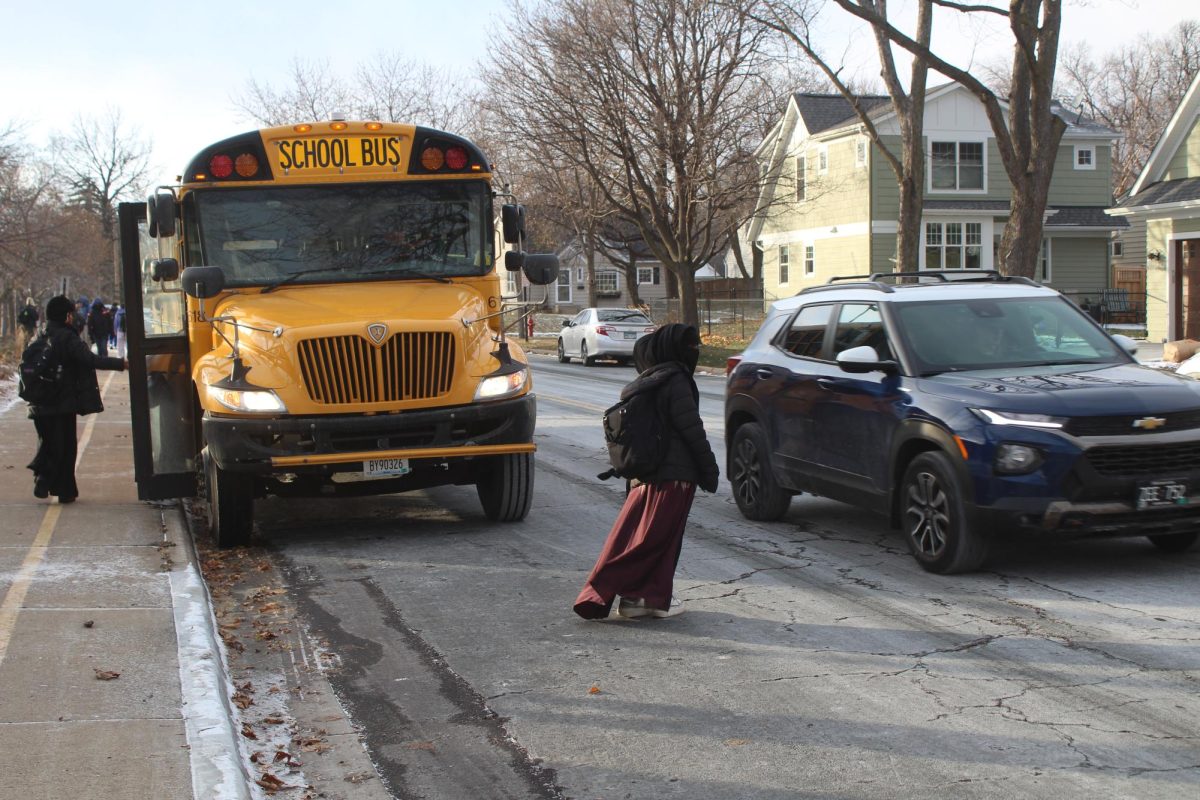Proposed social studies standards emphasize racism, exploitation
Minnesota is changing history. On Dec. 20, legislators, educators, administrators and community leaders met to discuss a new social studies curriculum for Minnesota students that would remove “patriotism,” among other topics, from a list of classroom standards.
Minnesota’s K-12 civil rights curriculum standards recently received an “F” from the Southern Poverty Law Center (SPLC) because the state “fails to provide direction to teachers,” according to the SPLC website.
The SPLC is not the only organization concerned with the current curriculum. The Minnesota Department of Education began a revision process in late 2010 to create new guidelines for social studies instruction. If these new standards are accepted, they will be implemented this fall.
The new standards would display American history in a more negative light by putting a heavier emphasis on racism, Native American genocide and the exploitation of immigrants and poor people. The proposed change also takes “patriotism” off a standard list of civic values taught in the classroom.
Although these changes would help students receive a less slanted education, a political revision of social studies standards is not the way to achieve this goal.
Most of the proposed changes would widen the outlooks of Minnesota students, but the reduced emphasis on patriotism should not be included in the new curriculum standards. Patriotism is an important part of all countries and should not be quelled by schools. Although extreme nationalism can be harmful, it is important for future leaders to take pride in their country. The nation benefits when students are taught patriotic virtue at a young age.
Politicians will inevitably lean to the left or the right, depending on their political affiliations. Political leaders are ideologically motivated and should not be expected to act otherwise. Thus, it is not the job of partisan political leaders to choose what Minnesota students should be learning in classrooms.
Although some of the proposed changes may be for the better, they should be made by government officials appointed by a bipartisan commission. Classroom education should not be dictated by the current political swing of the governor’s office.








